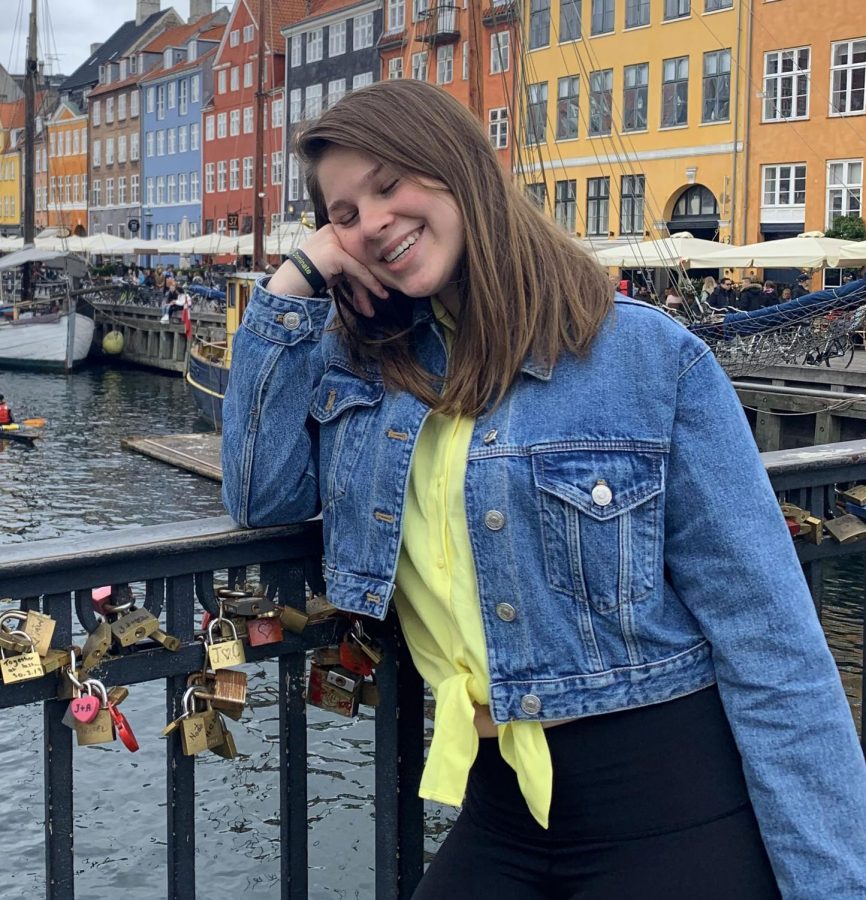Rachel’s Reads: Normalizing Therapy
Feb 5, 2020
Trigger Warning: Suicide
Recently, I was having a conversation with some friends about my childhood as a troublemaker. I was never a bully, but I did cause quite a bit of commotion in class whenever someone tried to bully me. Because of this, to my dismay, I was sent to the guidance counselor many times. The counselor then informed my parents that they should send me to therapy.
At first, I was not up to the idea, however, after a few sessions, I started to really enjoy it. It became a place of safety, a place where I felt I could vent about any issue I was having.
One day, when I was 13, I brought up that I had an appointment to a couple of friends and they were in shock. “Are you going crazy?” one asked. “Why? That’s so weird,” another said. I was confused. Was it really that weird to be in therapy? After that, I decided to keep it to myself.
That was the first time I saw the stigmatization of therapy. Many people believe that you must be crazy in order to seek help, which is not the case. According to the National Alliance on Mental Illness, 43% of U.S. adults have received treatment for mental illness in 2018. So, of course I am not alone in therapy. So why is there such a stigma?
Well, people tend to react just as my childhood friends reacted. There is a cultural bias toward the idea that you must be completely crazy in order to take part in therapy. People also tend to think that they are “too good” for therapy, with statements like, “You can take care of it on your own,” or “Just get over it!” Well, here’s an idea; If you break your leg, do you just walk it off? Do you just “get over it?” Of course not; the normal thing to do is to go to a hospital. Well, this should be applied to mental health. We should be able to ask for help when the pain is not physical.
Unfortunately in America, we still don’t always ask for help, even when it is crucial. Going back to the statistics by the National Alliance on Mental Illness, suicide is the 2nd leading cause of death among people aged 10-34 in the U.S. We can’t be afraid to ask for help — our lives depend on it.
So, like many others, I am in therapy. No, it doesn’t make me weird or crazy, it makes me human. It feels freeing to have my feelings understood by someone, even when I don’t understand them myself. While my therapist might change as time goes on, one thing is always consistent: I am taking care of myself. Make sure that you are too.
Editor’s Note: Counseling services are available for free to all students at John Carroll University. Contact them at 216-397-4283 or by visiting the Counseling Center at 2567 South Belvoir Blvd.













